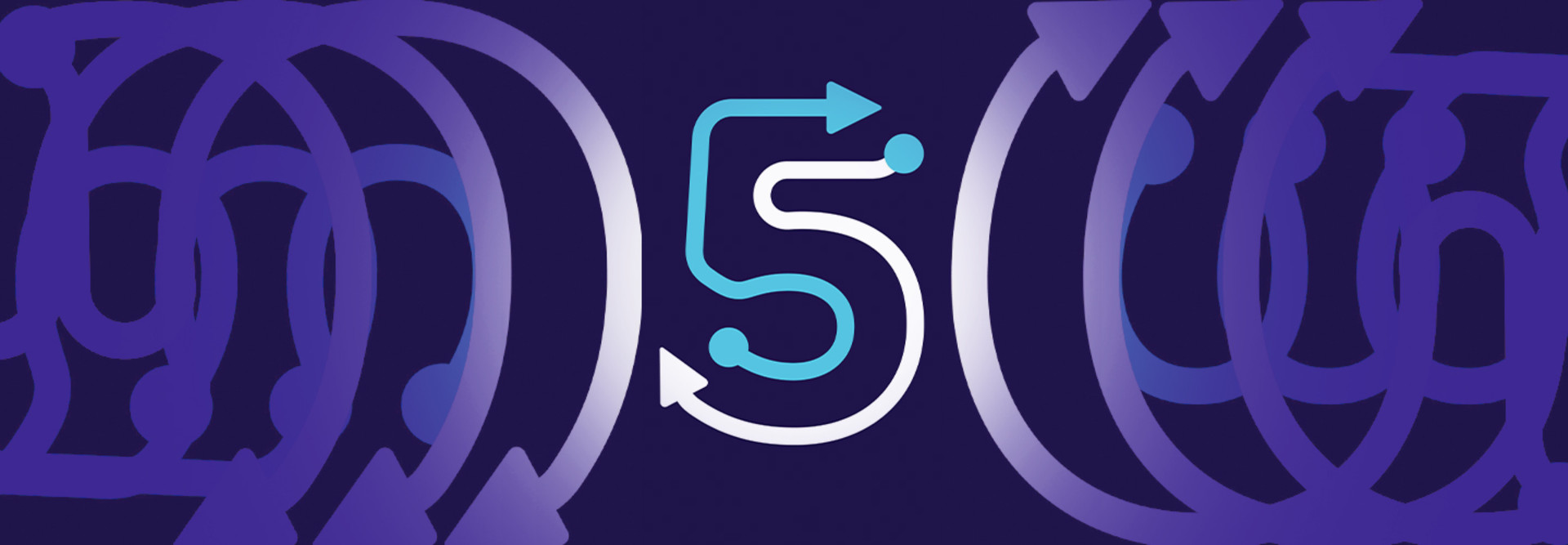2. How Can Colleges Protect Themselves from Dual Ransomware?
While the basics of strong cyber hygiene still apply, the FBI emphasizes that certain tactics are especially crucial in the face of dual attacks, including network segmentation (to limit the spread of ransomware), patching (to close vulnerabilities) and least-privilege access (to give admins only the data they need to do their job).
3. What Are Some Unique Considerations for Higher Education?
Dual ransomware attacks present a heightened risk due to the sensitive nature of data and services that colleges and universities handle. Attacks that halt transportation services, classroom teaching and emergency response can endanger students and undermine trust in institutions. Beyond encrypting files, the FBI warns, attackers may steal data as leverage. Exposed student data is a nightmare scenario.
RELATED: Zero trust supports cyber resilience for higher education.
4. What Are the Hidden Costs of Ransomware Attacks?
Dual ransomware attacks can inflict lasting damage that goes far beyond the dollar figure of the ransoms. When systems grind to a halt, services stop and operations are paralyzed, universities can suffer direct financial and systemic consequences. In a worst-case scenario, institutions could face a new “data wiper” malware designed for maximum disruption, the FBI warns. These attacks can strain IT teams and crush morale across campus.
5. What Else Does the FBI Say About Dual Ransomware Attacks?
The FBI warns that attackers have added code to known data theft tools to escape detection. Also, malware containing data wipers may sit undetected for a period of time. The agency advises institutions to maintain offline data backups and encrypt them, and to remain vigilant for suspicious activity.











